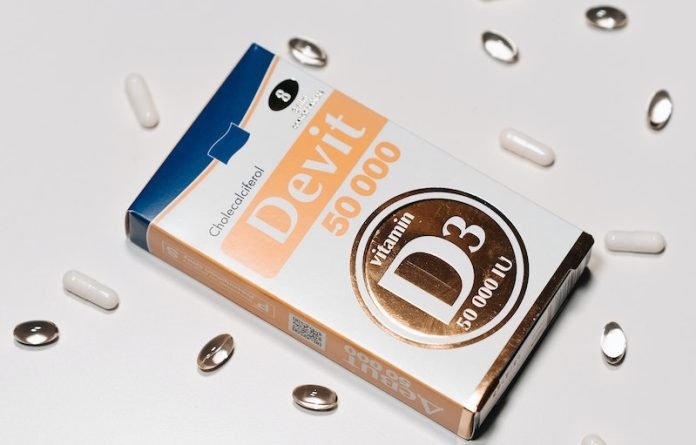
In a study from Tufts University, scientists found people with cognitive decline fare better if their brains have higher levels of vitamin D.
This research reinforces the importance of studying how food and nutrients create resilience to protect the aging brain against diseases such as Alzheimer’s disease and other related dementias.
Vitamin D supports many functions in the body, including immune responses and maintaining healthy bones.
Dietary sources include fatty fish and fortified beverages (such as milk or orange juice); brief exposure to sunlight also provides a dose of vitamin D.
In the study, the team examined samples of brain tissue from 209 participants in the Rush Memory and Aging Project, a long-term study of Alzheimer’s disease that began in 1997.
They looked for vitamin D in four regions of the brain.
Two were linked to changes linked to Alzheimer’s disease, one was linked to forms of dementia linked to blood flow, and one region without any known associations with cognitive decline related to Alzheimer’s disease or vascular disease.
The team found that vitamin D was indeed present in brain tissue, and high vitamin D levels in all four regions of the brain correlated with better cognitive function.
However, the levels of vitamin D in the brain didn’t associate with any of the physiological markers associated with Alzheimer’s disease in the brain studied.
This means it’s still unclear exactly how vitamin D might affect brain function.
The team says dementia is multifactorial, and lots of the pathological mechanisms underlying it have not been well characterized.
Vitamin D is also known to vary between racial and ethnic populations, and most of the participants in the original Rush cohort were white.
The researchers are planning follow-up studies using a more diverse group of subjects to look at other brain changes associated with cognitive decline.
They hope their work leads to a better understanding of the role vitamin D may play in staving off dementia.
If you care about the brain, please read studies about how the Mediterranean diet could protect your brain health, and your handgrip strength is linked to your brain health.
For more information about brain health, please see recent studies about a new drug to stop brain tumor growth, and these antioxidants could help reduce dementia risk.
The study was conducted by Sarah Booth et al and published in Alzheimer’s & Dementia: The Journal of the Alzheimer’s Association.
Copyright © 2023 Knowridge Science Report. All rights reserved.



